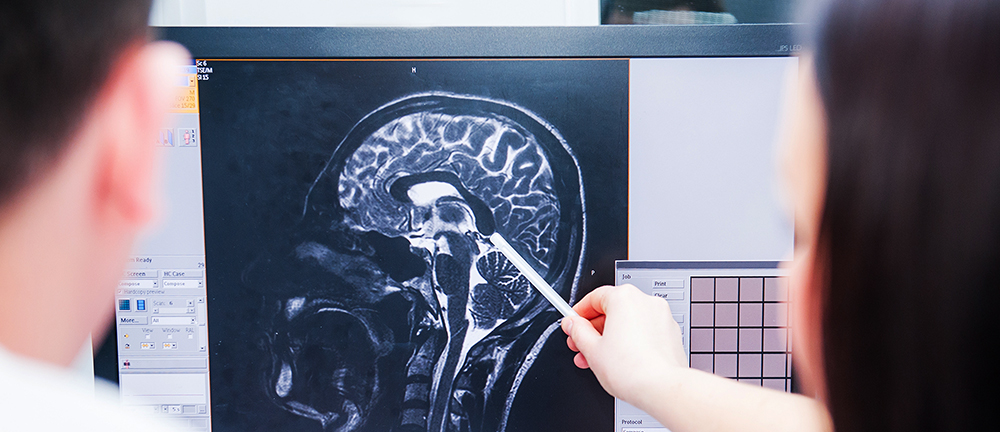
Medical Sciences
Our new curriculum moves away from traditional medical education, with two years of basic sciences followed by two years of clinical training. Instead, the medical sciences are interleaved throughout the pre-clerkship phase, the clerkship phase, and the post-clerkship phase in order to help reinforce for our students the integral connection between the medical and clinical sciences.
There are twelve medical science content areas in the Trek curriculum: gross anatomy, embryology, histology, radiology, physiology, pathology, pharmacology, microbiology, immunology, biochemistry, cell biology, and genetics. These run longitudinally through the curriculum.
Content Directors for CU Anschutz
Katherine Frasca, MD
Microbiology
[email protected]
Aimee Bernard, PhD
Immunology
Immunology & Microbiology
[email protected]
Nicole Draper, MD
Pathology
[email protected]
Cory Gritton, PhD
Anatomy
Cell and Developmental Biology
[email protected]
Laurie Halmo, MD
Pharmacology
[email protected]
Matt Zuckerman, MD
Pharmacology
Emergency Medicine-Medical Toxicology and Pharmacology
[email protected]
Ilana Kafer, MD
Radiology
[email protected]
Arun Kannappan, MD
Physiology
[email protected]
Lisa Lee, PhD
Histology, Embryology, and Cell biology
[email protected]
Jenna Bodmer, MD
Pathology
[email protected]
Denver Pinto, MD
Radiology
[email protected]
Stephanie Tow, MD
Anatomy
Physical Medicine & Rehabilitation
[email protected]
Content Directors for Fort Collins Regional Medical Campus
Greg Amberg, PharmD, PhD
Physiology
[email protected]
Ilana Kafer, MD
Radiology
[email protected]
Nicole Kelp, PhD
Biochemistry, Pathology
[email protected]
Ellie McNutt, PhD
Anatomy
[email protected]
Zach Throckmorton, PhD
Histology, Embryology
[email protected]
Mission statement
Students will learn the principles of diverse scientific disciplines – from anatomy to microbiology to pharmacology – in the context of organ system-based courses and in concert with clinical training. This facilitates students’ ability to apply scientific knowledge to patient cases in the classroom and the clinic.